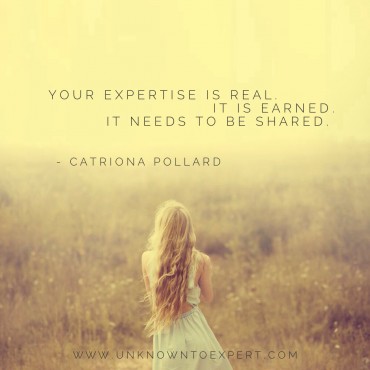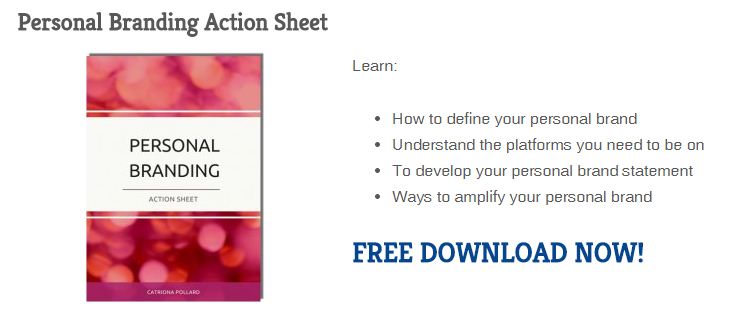You should be proud of your professional accomplishments and creating a bio which reflects this can not only assist your professional development, it can also help to promote your personal brand to your target audiences, including the media or conference organisers.
Your bio is just one of the many tools you can use to showcase your qualifications and experience. It serves as an introduction to who you are and what you’re an expert in and is the basis of what you want people to think of when they hear your name. Bios are essential when pitching to media and if written well, can be extremely effective when positioning yourself as a genuine thought leader.

Here are a few tips on how to write your bio in a way that will help promote your brand and get you noticed.
Promote yourself
Thinking of yourself as a brand may be difficult, however, if thought leadership is your product, then try and write as such. Talk about yourself in a way that is genuine and active and encourages the reader to continue reading.
Always write your bio in the third person, for example “Ros has established, driven and maintained a profitable and high profile business for almost three decades”. Talking about your success in your field is not bragging, but provides vital information as to why your target audience would want to know more about you.
Inverted pyramid method
The inverted pyramid method is a common term used in public relations which basically means to put the most important information at the start and the least important information last. People tend to be lazy readers, so if you are worried your audience will only read the first few paragraphs; at least you know they have received the most important information about you at the beginning.
Who is your audience?
It’s essential to be aware of your audience. Think about who will be reading your bio and why. Is it someone from the media, conference organisers or business associates? Think about why these people need to know about you and how you can influence their opinion of you. It’s okay if you decide it’s necessary to tailor your bio to each specific audience.
Create multiple versions
Having a few different versions of your bio is useful as not all target audiences require the same amount of background information. Consider creating a long, short and micro version of your bio to ensure you are prepared.
Short bio – This is handy to have to send to journalists who have minimal reading time, so keep your short bio to around 100 words.
Long bio – This is necessary for those who require a more detailed understanding of your background. An example of this is event organisers, who need this information when deciding on speakers for conferences.
Micro bio – This is one or two sentences and is perfect for adding to the bottom of an article or using on your twitter profile.
Writing your bio
Now you have the essential information you need to write your bio, remember to add some detail. Be sure to include relevant information about yourself and your experience so your reader knows the details about you.
- Your full name and job title
- Your area of expertise
- Background and experience
- Demonstrated ability in your field of expertise or examples that demonstrate your thought leadership, such as media coverage or speaking roles
- Qualifications
- An image – this is optional and certainly not essential.
Keep your bio up to date
Don’t be afraid to edit your bio until you are 100% happy with it. Don’t worry if it takes a while for you to complete, as it’s important that you achieve a product that you are confident reflects you completely. Remember to go back to your bio every few months to make sure it’s updated and to add any recent achievements.
Once your bio is finished, it should showcase your career, highlight your expert knowledge and sell you in a genuine way that will ultimately help you build your brand and contribute to your success!
Download your FREE personal branding template today and learn how to define your personal brand and understand the media platforms you need to be on.
Sydney Public Relations Agency, CP Communications provides specialist media, traditional and online PR strategies that get amazing results. Contact us today. For more great tips visit our website www.cpcommunications.com.au.

